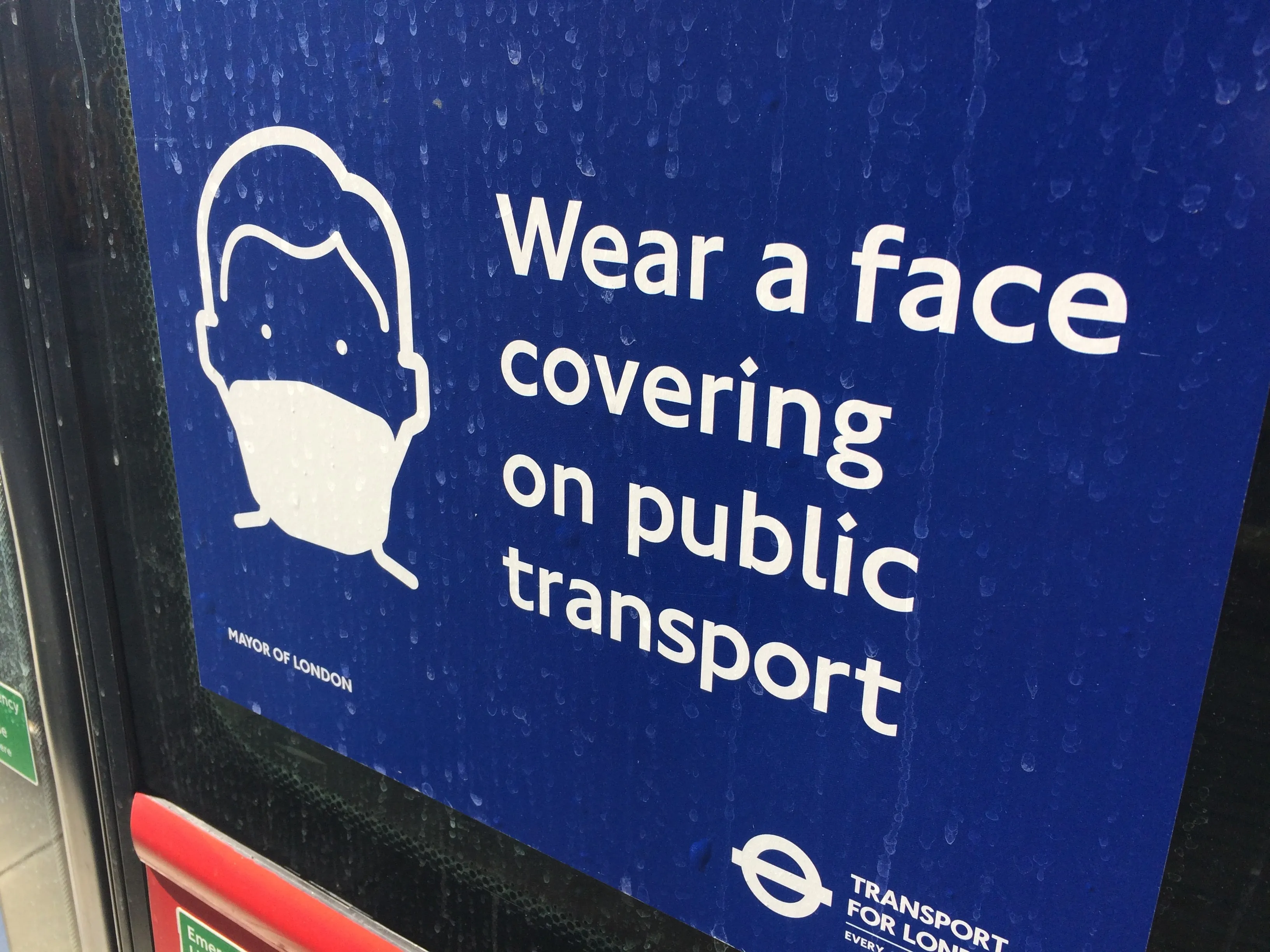A new study by TomTom indicates that more than a third (39 per cent) of UK van drivers admit to driving more carefully when using their personal vehicle.
The research, conducted among light commercial vehicle (LCV) drivers, found 67 per cent of those did so to save money on fuel and vehicle wear and tear and 29 per cent because of the absence of working time pressures.
September 13, 2013
Read time: 2 mins
A new study by 1692 TomTom indicates that more than a third (39 per cent) of UK van drivers admit to driving more carefully when using their personal vehicle.
The research, conducted among light commercial vehicle (LCV) drivers, found 67 per cent of those did so to save money on fuel and vehicle wear and tear and 29 per cent because of the absence of working time pressures.
In addition, 59 per cent said they were more likely to speed or take risks in their work vehicles as a result of working time pressures.
The study also found that three-quarters (75 per cent) of respondents admit to speeding in their work vehicles, with 24 per cent doing so regularly.
However, only 20 per cent of respondents said their company provides training to help them drive more safely and efficiently and just 35 per cent claim their employers use technology to monitor driving performance and fuel efficiency.
“A significant proportion of at-work drivers demonstrate clear awareness of the benefits of safe, efficient driving, which is applied in their personal vehicles – but working pressures are adversely affecting performance,” said Thomas Schmidt, TomTom Business Solutions’ Managing Director. “The onus is on employers to take action by encouraging higher standards behind the wheel and minimising the time pressures facing mobile workers.”
“Appropriate fleet management technology can play a major role in this, offering clear management information and helping to raise awareness of responsible driving by providing real-time feedback to drivers. This not only provides transparency on performance standards being measured but can also help companies target driver training where it is most needed,” said Schmidt
The research, conducted among light commercial vehicle (LCV) drivers, found 67 per cent of those did so to save money on fuel and vehicle wear and tear and 29 per cent because of the absence of working time pressures.
In addition, 59 per cent said they were more likely to speed or take risks in their work vehicles as a result of working time pressures.
The study also found that three-quarters (75 per cent) of respondents admit to speeding in their work vehicles, with 24 per cent doing so regularly.
However, only 20 per cent of respondents said their company provides training to help them drive more safely and efficiently and just 35 per cent claim their employers use technology to monitor driving performance and fuel efficiency.
“A significant proportion of at-work drivers demonstrate clear awareness of the benefits of safe, efficient driving, which is applied in their personal vehicles – but working pressures are adversely affecting performance,” said Thomas Schmidt, TomTom Business Solutions’ Managing Director. “The onus is on employers to take action by encouraging higher standards behind the wheel and minimising the time pressures facing mobile workers.”
“Appropriate fleet management technology can play a major role in this, offering clear management information and helping to raise awareness of responsible driving by providing real-time feedback to drivers. This not only provides transparency on performance standards being measured but can also help companies target driver training where it is most needed,” said Schmidt









